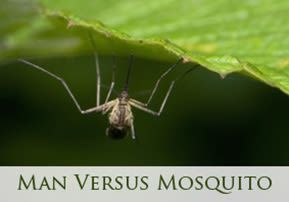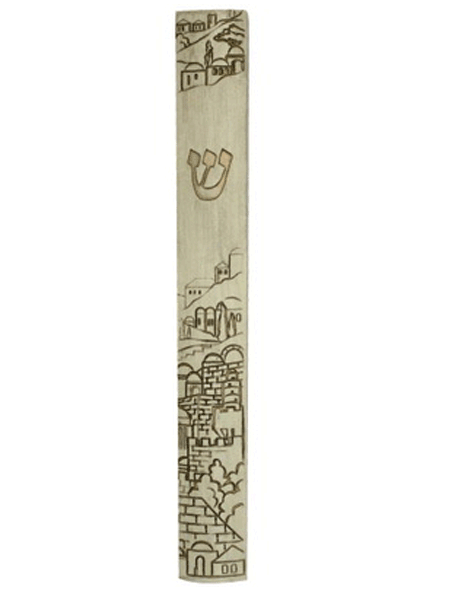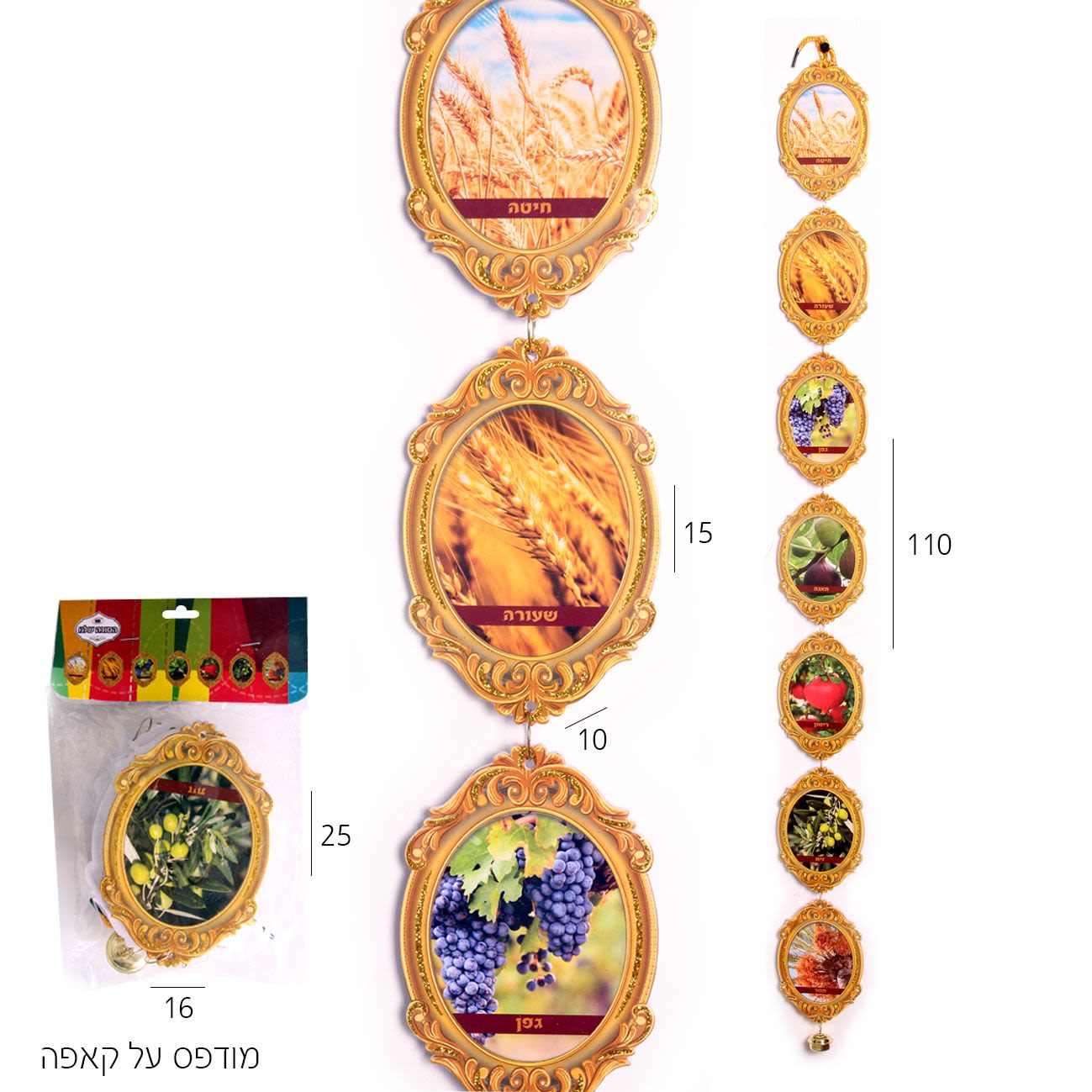
Tazria: Man Versus Mosquito
Parshat Tazria - Why does the Torah only discuss the laws of ritual purity in people after teaching the analogous laws concerning animals, differentiating between kosher and not?

Translated and abridged by Rabbi Chanan Morrison
Parshat Tazria
Why does the Torah only discuss the laws of tahara (ritual purity) in people after teaching the analogous laws concerning animals, differentiating between those which may be eaten and those which are unclean? Should not humanity, the crown of creation, come first? Rabbi Simlai, a third-century scholar, explained: "Just as man's formation took place after all animals … so too, the laws pertaining to him are set forth after the laws regarding animals." (Vayikra Rabbah 14:1)
In short, the order here in Vayikra parallels the account of creation in Bereishit. But what is the significance of this order? The Midrash elaborates the implied moral lesson: "If a person merits, he is told, 'You came before all of creation'. And if not, he is told, 'the mosquito came before you'."
What sort of a contest is this, between Man and Mosquito?
Quantity versus Quality
We find in Tehillim two almost identical verses, but with small (and significant) differences:
"How many are Your works, God! … the earth is full of Your creations." (Psalms 104:24)
"How great are Your works, God! Your thoughts are very profound." (Psalms 92:6)
What is the difference between these two similar verses? The first verse expresses wonder at the variety and numerical magnitude of God's works. "How many are Your works!" The second verse expresses awe at their greatness and profundity. "How great are your works!" The first verse refers to quantity; the second, quality.
In other words, we may look at the world in two different ways. We can be amazed by its detailed, multi-faceted nature — the multitude of species and life-forms, the great variety in the world of nature. This viewpoint focuses on the diverse physical aspect of the universe. "The earth is full of Your creations".
Or, we may perceive the universe's inner side. We may contemplate its infinite greatness and depth, a reflection of the profundity of its design and purpose. This view perceives the underlying spiritual nature of the universe, focusing on God's 'thoughts' that preceded the physical creation. "Your thoughts are very profound."
Back and Front
The Midrash comparing man and mosquito opens with the verse, "You formed me back and front". (Psalms  139:5) What does it mean that humanity was formed "back and front"?
139:5) What does it mean that humanity was formed "back and front"?
'Back' refers to the culmination of the world's physical manifestation. This is the process of creation by contraction, step-by-step, until the formation of a detailed, physical universe, filled with multitudes of distinct creatures. From this viewpoint, the ubiquitous mosquito is the superior species. If we do not merit – if we lack our qualitative, spiritual advantage — then we are told, 'the mosquito came before you'. In the contest of numerical strength and survival skills, the mosquito wins hands down. From the viewpoint of "How many are Your works", even the lowly mosquito comes before us.
'Front', on the other hand, refers to the conceptual design that preceded the actual physical creation. If we merit — if we put our efforts into developing our spiritual side — then we belong to the realm of God's thoughts that transcend the physical world. On the qualitative basis of "How great are Your works", we may take our place before all of creation.
(adapted from Shemuot HaRe'iyah 4)
* * *
Rabbi Chanan Morrison of Mitzpeh Yericho runs http://ravkookTorah.org, a website dedicated to presenting the Torah commentary of Rabbi Avraham Yitzchak HaCohen Kook, first Chief Rabbi of Eretz Yisrael, to the English-speaking community. He is also the author of Gold from the Land of Israel (Urim Publications, 2006).












Tell us what you think!
Thank you for your comment!
It will be published after approval by the Editor.